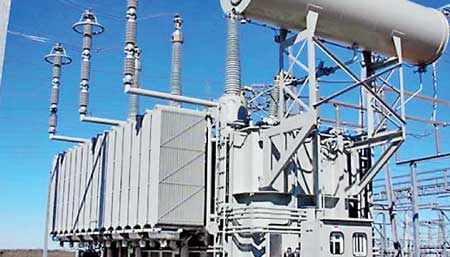Friday Feb 20, 2026
Friday Feb 20, 2026
Saturday, 19 August 2017 00:58 - - {{hitsCtrl.values.hits}}
 Technical assistance to complete report outlining non-commercial obligations by Sept.
Technical assistance to complete report outlining non-commercial obligations by Sept.
The International Monetary Fund (IMF), in its latest evaluation report, has said it is working to put back on track automatic fuel and electricity pricing mechanism measures with the Sri Lankan government with the one for fuel to be rolled out by March 2018.
In its Second Review under the $1.5 billion Extended Fund Facility (EFF) with Sri Lanka the Staff Report noted that commitments made earlier on automatic pricing for fuel and power had not been implemented by the Government. The Ceylon Petroleum Corporation (CPC) and the Ceylon Electricity Board (CEB) will be two key State-run enterprises that will be subjected to reforms.
“The structural benchmark for establishing automatic fuel and electricity pricing mechanisms has not been met. We are pursuing a sequence of steps to put the reform process back on track. First we will complete a report outlining the cost of non-commercial obligations for fuel and electricity by September 2017 (new structural benchmark), supported by IMF Technical Assistance.
The report also said to correctly estimate the cost of non-commercial obligations for electricity, the CEB and the Public Utility Commission will establish a Bulk Supply Transactions Account and start using it to settle transactions between generators, the transmission operator, and distributors as specified in the November 2015 tariff methodology by March 2018.
This would be a new structural benchmark.
“Second, once the extent of the non-commercial obligations for fuel and electricity is known, we will explicitly account for them in our program targets beginning in the third review.
Finally, to reduce the possibility of future financial losses by the CPC and the CEB and avoid large ad hoc adjustments in retail prices, while allowing time for public consultation and education, we will obtain Cabinet approval of the automatic pricing mechanism for fuel by March 2018 and for electricity by September 2018,” the report added.
The report went onto say that to monitor progress the financial performance of the CPC and the CEB will be reported on a quarterly basis, which will be in accordance with the Technical Memorandum of Understanding.
Under the proposed changes the Water Board may also be brought under the Public Utilities Commission (PUC), which would enable regulations to cover the water segment as well.
“We intend to introduce cost-reflective water tariff settings when the PUC starts regulating the water sector.”